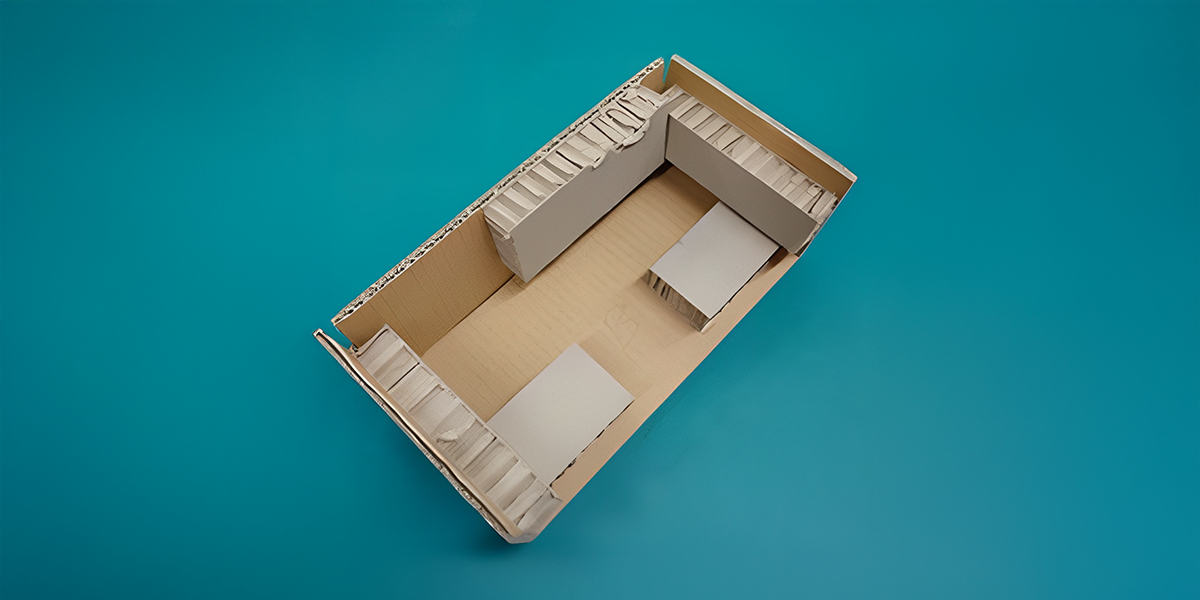Cutting emissions by 65% demonstrates a commitment to sustainability through innovation.
SATO Corporation, a global pioneer in auto-ID and labelling solutions, is excited to announce a new collaboration with Konica Minolta, Inc. SATO will now build its flagship CL4NX Plus and CL6NX Plus thermal printers using recycled plastics that Konica Minolta has developed for its multifunctional printers. SATO’s industrial printers, made from recycled materials, will soon be available on the market.
Product development at SATO adheres to eight principles (see below). It defines SATO universal printer design, which expresses its commitment to creating printers that offer equitable use, reliable operation and lasting quality. Its products support multiple languages and functions regardless of the workplace environment and available infrastructure.
SATO’s collaboration with Konica Minolta is a new step towards environmental stewardship, integral to SATO universal printer design. SATO currently offers linerless labels as part of its efforts to use resources sustainably and reduce carbon emissions, but it now takes this commitment further by incorporating recycled plastics into select printer models starting in fiscal year 2024.
Konica Minolta’s recycled plastics meet SATO’s stringent quality standards for flame retardancy, flexural strength, density and mould shrinkage rate. The recycled plastics are used in 40% of the housing components of CL4NX Plus and CL6NX Plus, and SATO expects to reduce carbon emissions by 65%1 in parts where recycled plastic is used, compared to conventional parts without compromising the quality that virgin materials provide. Using recycled plastics in its flagship printers sold worldwide not only supports SATO’s global sustainability efforts but also allows its customers to contribute to reducing carbon emissions.

The material developed by Konica Minolta is a recycled ABS plastic,2 a flame-retardant, durable and easy-to-mold synthetic resin. Used in Konica Minolta’s multifunctional printers, these plastics are collected from used game machines that are separated, dismantled, crushed and washed. The processed material is then melted and compounded into plastic pellets for horizontal recycling.

Parts from game machines are converted to recycled ABS plastic.
In line with our corporate mission, SATO will seek ever-more sustainable manufacturing practices by incorporating recycled materials into our products.
Models with recycled plastic
- CL4NX Plus, CL6NX Plus (Global models)
- CL4NX-J Plus, CL6NX-J Plus (Japan models)
SATO Universal Design principles
- Equitable use
- Flexibility in use
- Simple and intuitive
- Perceptible information
- Tolerance for error
- Low physical effort
- Size and space for approach and use
- Eco-friendliness
Source:
- SATO survey
- Acrylonitrile Butadiene Styrene, or ABS, is used for the housing and ergonomic parts of appliances and daily-use products like keyboards.
All company names and product names here are properties and trademarks or registered trademarks of their respective owners.





Comments